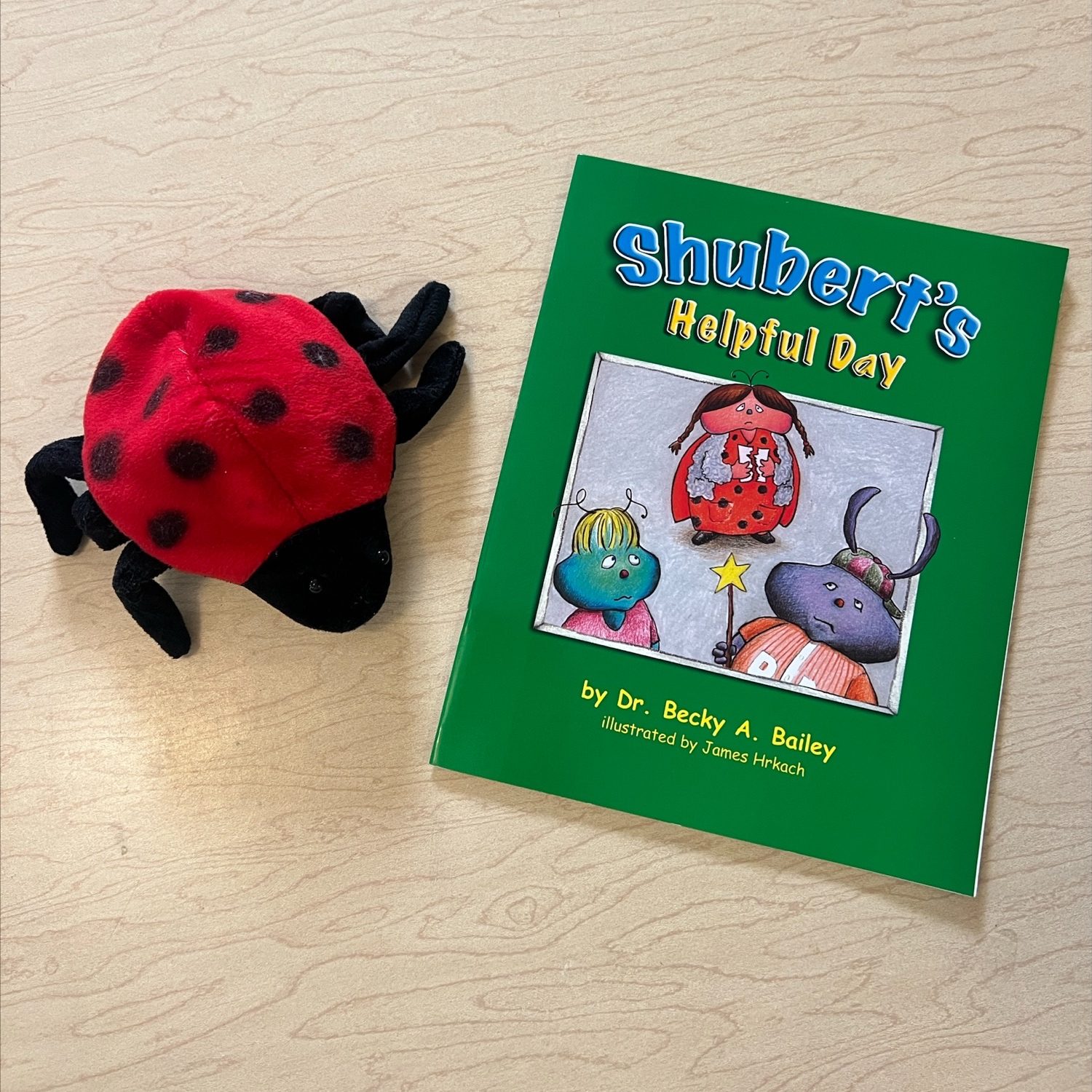One of the most perplexing things that can happen when a child’s inappropriate behavior is being addressed is laughter. We’re prepared for averted eyes or signs of shame, but why is laughter some children’s go-to?
Do they believe their actions are funny? Do they think the adult is being funny? Is it an act of rebellion or disrespect?
Actually, none of the above. Laughter is a stress response. While it’s a difficult perspective shift to make, seeing the laughter and interpreting it as crying is likely much closer to the child’s internal state than most people would assume.
Knowing this, what can we as providers change in response to a child’s laughter and perceived defiance? How can we make our own mental shift to handle this effectively, still teach the child the prosocial skills we are looking to impart, and not cause harm by becoming more intense and escalating the child’s sense of fear?
The first step is deescalating yourself to be ready to coregulate. This might be a mantra, counting backwards, or slow and purposeful breathing to remind yourself that the child is struggling.
Next is coregulation: helping the child to feel safe again. This can be hard if you’re still focused on the initial behavior. Rest assured, this doesn’t mean not addressing the initial incident. It does mean that the child will be emotionally prepared and ready to learn from it. Breathing with the child– one of my favorite methods is five-finger breathing, as shown in this video:
Once you’re both feeling calm, then it’s time to address the initial challenging behavior.
Questions for Reflection:
Have I seen children laugh or otherwise respond in an unexpected way to correction? What have I done before?
What might get in the way of taking the time to calm down myself and the child?
When else might it be useful to implement intentional calming strategies like finger breathing with children?



